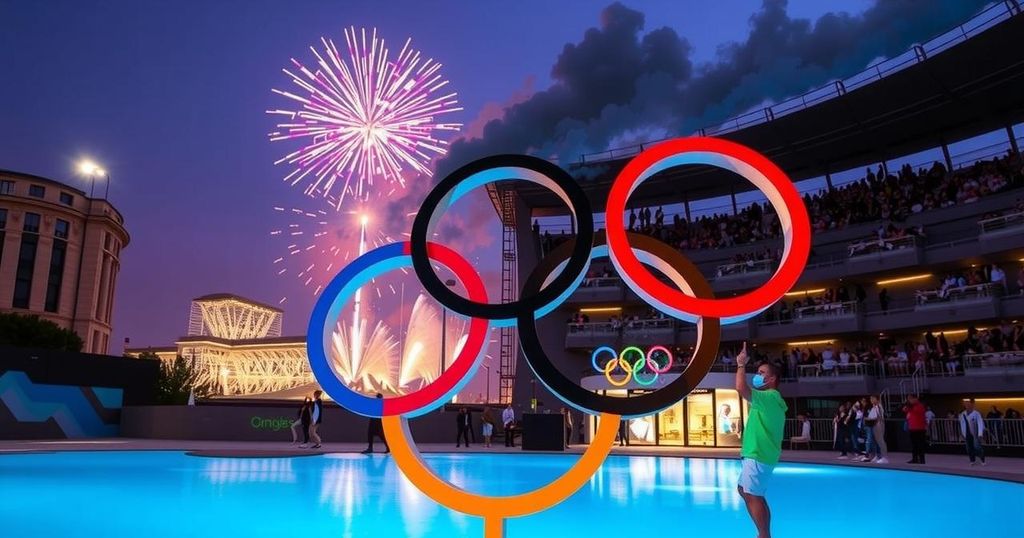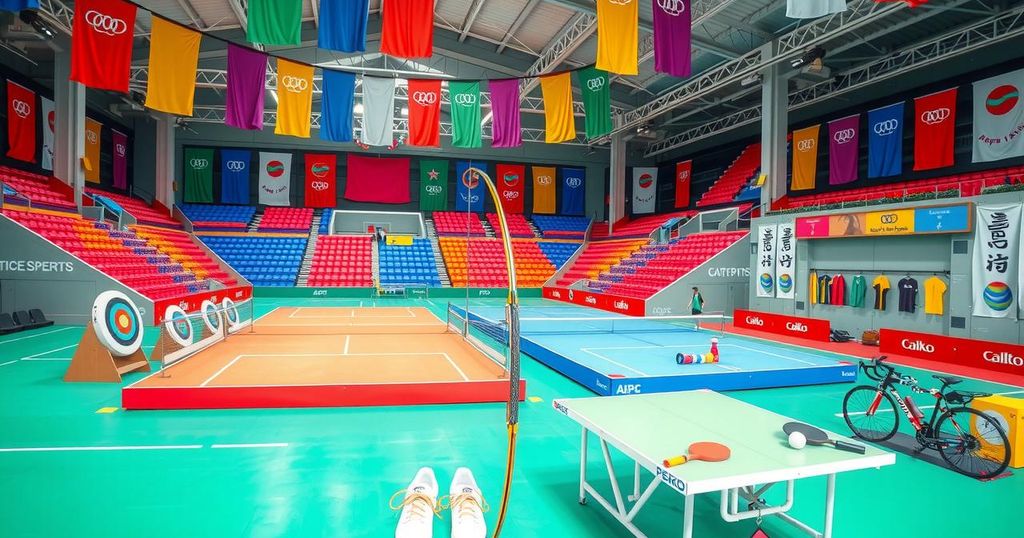Should the Olympics Be Held Every Two Years After Paris 2024?
The article discusses the success of the Paris 2024 Olympics and considers the possibility of hosting the Summer Games every two years. While acknowledging the concerns about costs and uniqueness, it argues that the changing sports environment and potential for greater athlete visibility merit this discussion. The author highlights the need for innovation in responding to modern audience engagement trends.
As we reflect on the recent Paris Olympics, it is essential to consider whether we should hold the Summer Games every two years. The remarkable sports moments from the Paris 2024 Olympics are fresh in our minds, overshadowing other sporting events from the year. Iconic performances, including those from athletes like Keely Hodgkinson and Simone Biles, left a lasting imprint. Christophe Dubi, the Olympic executive director, aptly noted, Paris presented the right Games at an opportune moment.
The Olympics even produced exhilarating moments in sports such as tennis and basketball, which are typically overshadowed by other premier events. Novak Djokovic’s match against Carlos Alcaraz and Steph Curry’s memorable play during Team USA’s triumph exemplified this. Additionally, television viewership was robust, with the BBC’s broadcasts capturing audience attention daily.
Considering these highlights, one must ponder the feasibility of more frequent Olympics. Historically, the exorbitant cost deterred countries from hosting the Games, but Paris demonstrated an innovative approach. It capitalized on its existing infrastructure, limiting new constructions while still delivering a visually captivating event. A number of nations, including India and Hungary, have expressed interest, suggesting potential hosts are abundant.
Opponents argue that staging the Games too often may dilute their prestige. Michael Payne, a former marketing executive for the International Olympic Committee, cautions against losing the unique allure that makes the Olympics special. By comparing it to Christmas for children, he highlights the risk of overindulgence.
Despite these concerns, the realities of a changing sports landscape necessitate consideration of evolving fan engagement trends. As audiences increasingly gravitate towards major sporting events, a more frequent Olympics may alleviate the risk of athletes being forgotten between Games. While logistical obstacles exist, they are surmountable, and the IOC must revisit its stance on frequency for athlete visibility and fan engagement. Furthermore, it seems contradictory for the IOC to prioritize athletes while having them wait four years for global recognition.
The Paris 2024 Olympics presented a significant opportunity for re-evaluating the frequency of the Summer Games. With successful sports moments and robust television ratings, this Olympic season raised questions about the value of holding such grand events more regularly. The discussion includes considerations of costs and logistics, alongside the potential impact on audience engagement and athlete visibility. As society moves towards quick consumption of events, the importance of maintaining interest in traditional Olympic sports becomes paramount.
In conclusion, the Paris 2024 Olympics have sparked a vital discussion on the potential benefits of hosting the Summer Games every two years. While there are valid concerns regarding costs and the preservation of the Olympics’ allure, the changing sports landscape and audience preferences suggest that more frequent Games might enhance athlete visibility and engagement. Listening to the desires of the fans and adapting to modern interests could rejuvenate the Olympic spirit and maintain relevance for years to come.
Original Source: www.theguardian.com








Post Comment